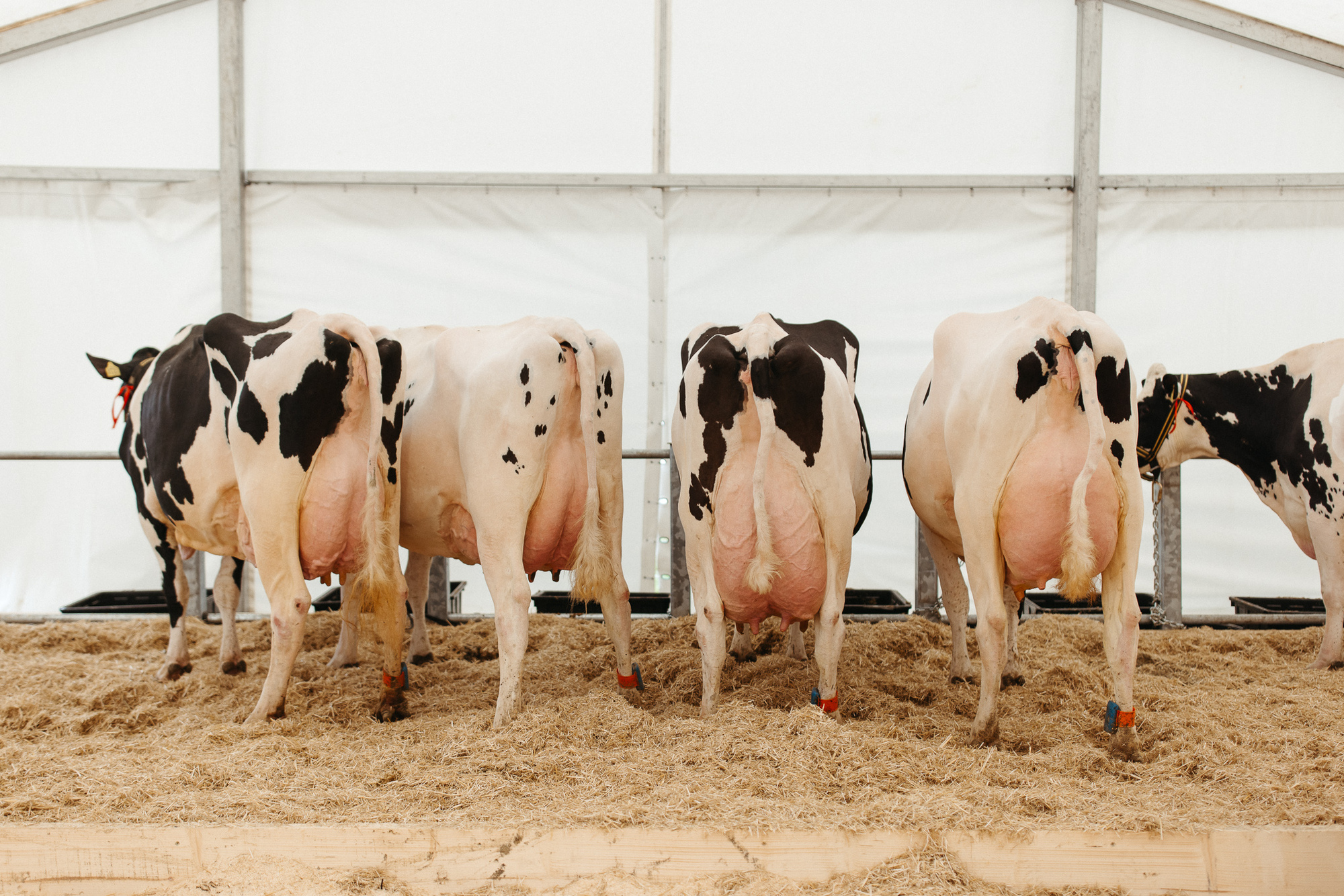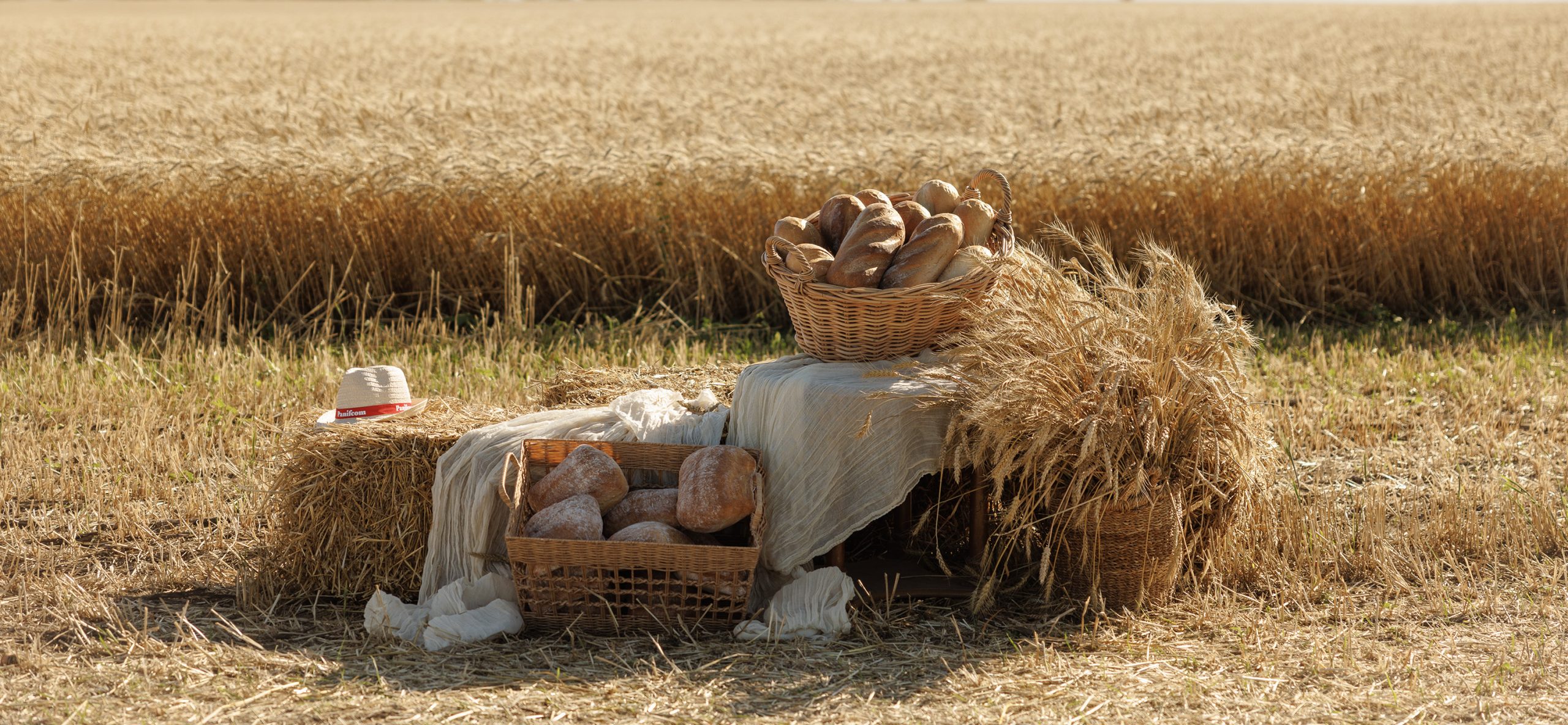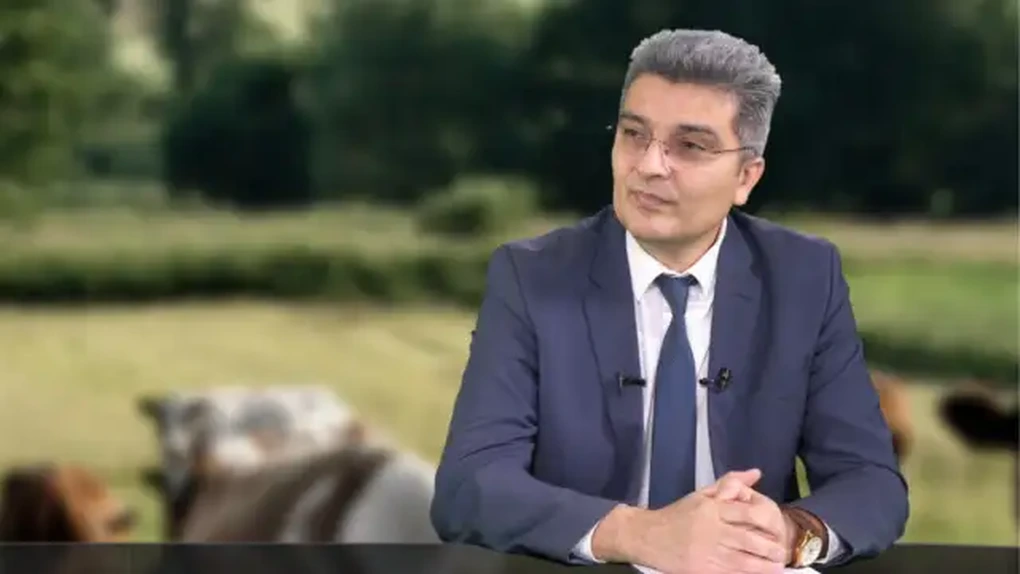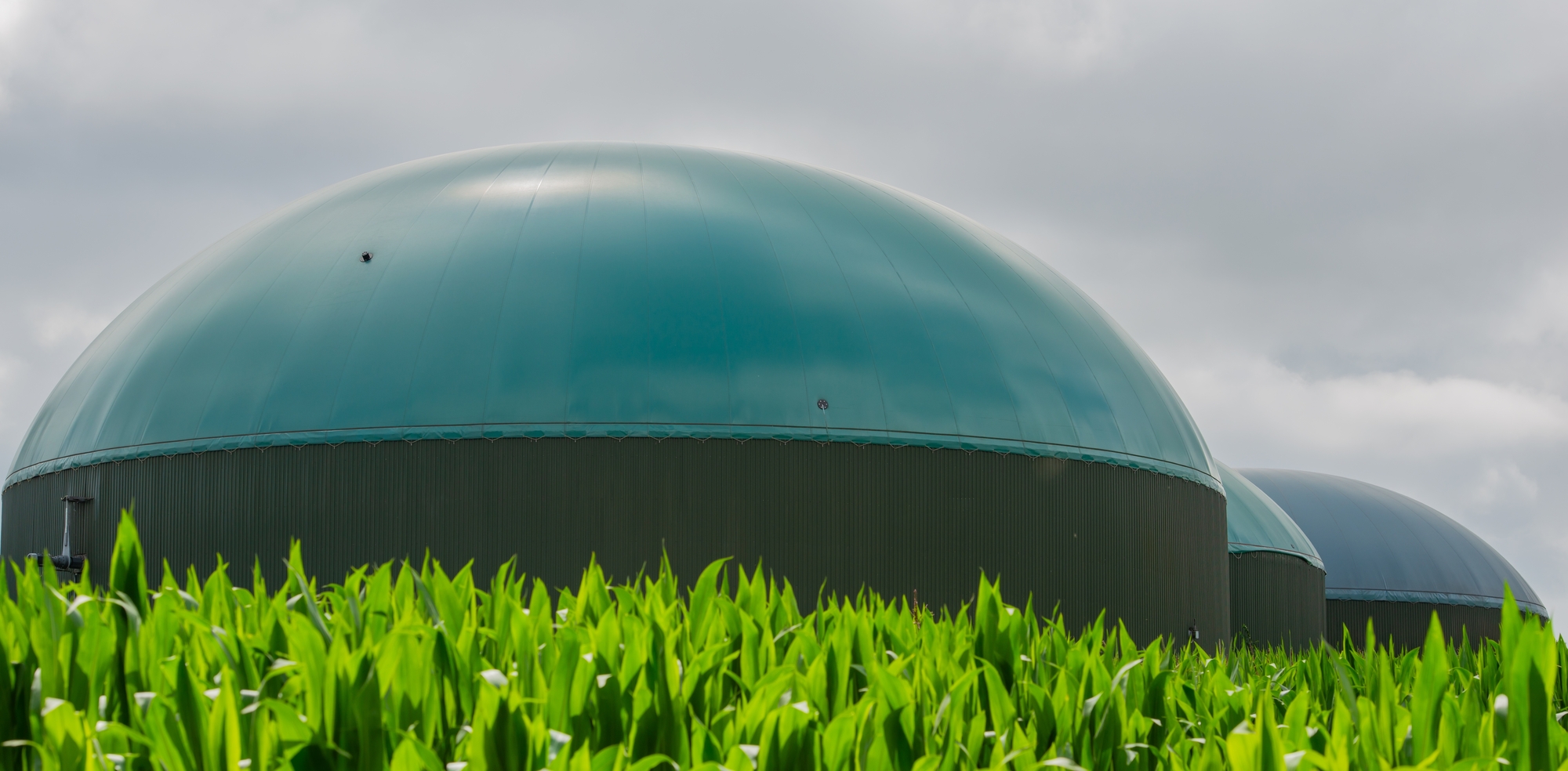The budget that Romania allocates, as well as the European taxpayer, for milk production is a large one and the way in which significant sums go to farms that do not produce milk and that do not reach a minimum level of performance should be stopped, he believes. the director of the Hostein RO Association, Ionuţ Lupu.
According to him, Romania consumes milk and dairy products in the amount of approximately 3.5 million tons, but produces, according to the National Institute of Statistics (INS), around 1.2 million tons, resulting in a very large deficit compared to Central Europe and the East, where self-consumption is ensured in proportions of 116-117%.
“If we talk about milk production, things are very clear. We are in a market where important players from the Oceania area, and I am referring here primarily to that large group, to that colossal cooperative in the Oceania area – Fonterra – are already active since over 10 years on the Romanian market. We are currently at a point where we are talking about potential – a proportion of 35%. There are a lot of discussions related to the way this evaluation is done. From our point of view, we are not talking about raw material, we are talking about the consumption at the moment currently, we consume milk and dairy products, dairy products converted into milk at approximately 3.5 million tons, and we produce, according to the INS, because at the moment we do not have another more reliable estimate, so to speak, somewhere in around 1.2 million tons. Therefore, we have a very large deficit compared to everything that happens in Central and Eastern Europe, where self-consumption is ensured in proportions of 116-117%, but we have some champion countries, such as Hungary, Poland, the Czech Republic . There are countries from which important quantities of milk and dairy products come, which, from our perspective, can only be examples”, said Lupu.
The statements were made on the occasion of a visit to the Panifcom cow farm in Vlădeni, Iasi county , one of the most progressive cow farms in the country, which is confirmed by the large number of animals with excellent genetic value. The cows of the Panifcom farm are part of an extensive genomic testing program carried out with the support of the Neogen laboratory in Scotland and the CDCB Agency in The United States
Lupu drew attention that, first of all, it depends only on Romania how it manages to position itself in this market, on the investments that farmers can make and on their way of organization, given that we export 26-27% of corn European Union, but we only produce 0.7% of EU milk.
“For years in a row we were in the position where we complained, we started to discuss from a position of strength in the relationship with the Ministry of Agriculture, but we realized that the main ways to survive in this extremely dynamic market, extremely volatile, extremely demanding, ultimately it depends on us and how the farmers manage to make investments and position themselves in this market. We are talking about Hungarian farmers who are very well organized, who have, as is an IPA in the case of other sectors in agriculture. Unfortunately, in the area of milk, we do not have such an organization. Our counterparts in Hungary come with a simple reply – and please accept my expression – they constantly pray to God that Romanian farmers should not wake up. It is primarily our problem how we manage to position ourselves in this market, and as long as we are talking about 35% self-consumption, things are very clear. We export, we are among the top exporters of corn, we produce 26- 27% of the corn of the European Union and we produce only 0.7% of the milk of the European Union”, said the head of Holstein RO.
Asked by AGERPRES what the farmers should do in this situation and what he conveys to them, Ionuţ Lupu answered: “I am the representative of the farmers and I have been in the relationship with the Ministry of Agriculture for more than 10 years. If until now I was at the point where I requested to the Ministry of Agriculture to put us on equal terms with all other countries and all other farmers from neighboring countries, at the moment we say the following: from our point of view, the budget that Romania allocates, but also the European taxpayer for milk production it is a big one. It depends only on us and on the courage of the representatives of the Ministry of Agriculture to direct that money to the farms that really produce milk”.
“The introduction of state aid schemes, such as silage corn, such as milk cow welfare, are clear arguments on the fact that the representatives of the Ministry of Agriculture, regardless of who was minister at a certain time or another, understood that it was a priority to come up with a plus for those farmers who really perform and who can argue by covering some costs to receive some money. That way in which important sums go to farms that do not produce milk and that do not reach a minimum performance. Rethinking the way in which the transitional national aid on the milk scheme was made this year, in 2024, for the year 2023 and an update in this sense of the amount of milk sold by each individual farmer can only make us happy We are currently talking about a subsidy of 0.125 lei per liter of milk, compared to 0.25 lei that a Hungarian farmer receives. But, I repeat, I don’t think it’s healthy to ask for more money, but to ask the ministry for better thinking and a fairer and more important redistribution, more focused on performance”, he added.
Original article: Here.






